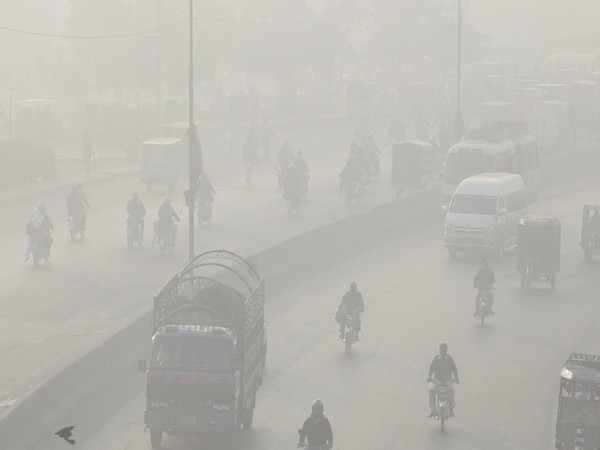Islamabad's Alarming Air Quality Crisis: Urgent Action Required
Islamabad experiences worsening air quality with AQI levels reaching unhealthy thresholds due to construction and vehicular emissions. Outdated equipment and external pollution sources compound the issue, posing significant health risks. Immediate measures are necessary to combat this environmental threat, highlighting the need for stringent regulations and modern technology adoption.

- Country:
- Pakistan
Islamabad is grappling with a concerning decline in air quality, as revealed by ongoing studies. Reports indicate that for the past two months, the city's air quality index (AQI) has been consistently within 'red' (unhealthy) and 'purple' (very unhealthy) zones. The situation is primarily blamed on extensive construction projects and surging vehicular emissions, according to data from the Pakistan Environmental Protection Agency (Pak-EPA).
Zaigham Abbas, Director of Pak-EPA's Laboratories and National Environmental Quality Standards (NEQS), identifies major construction initiatives as the main contributors to this air pollution crisis. He cites specific ventures, such as developments along the Blue Area belt, the Park Road extension, and works at key interchanges, as significant pollutants, as reported by Dawn.
Abbas notes that outdated machinery like dumper trucks and excavators, which run around the clock to meet deadlines, have been operating without adequate environmental safeguards. This results in the AQI hovering at an alarming 182 micrograms per cubic meter recently. On Friday, levels even reached 117 micrograms per cubic meter with PM2.5 at 133 micrograms—a serious health threat as these particles can penetrate deep into the body, posing heightened health risks.
Also adding to air pollution woes are emissions from old brick kilns around the city, which lack eco-friendly technology, and external pollution from neighboring Rawalpindi. Experts stress the urgency for immediate environmental reforms to tackle rising pollution levels, pointing out the severe health risks posed, especially for residents with respiratory illnesses.
(With inputs from agencies.)










